SUMMARY
This is AI generated summarization, which may have errors. For context, always refer to the full article.
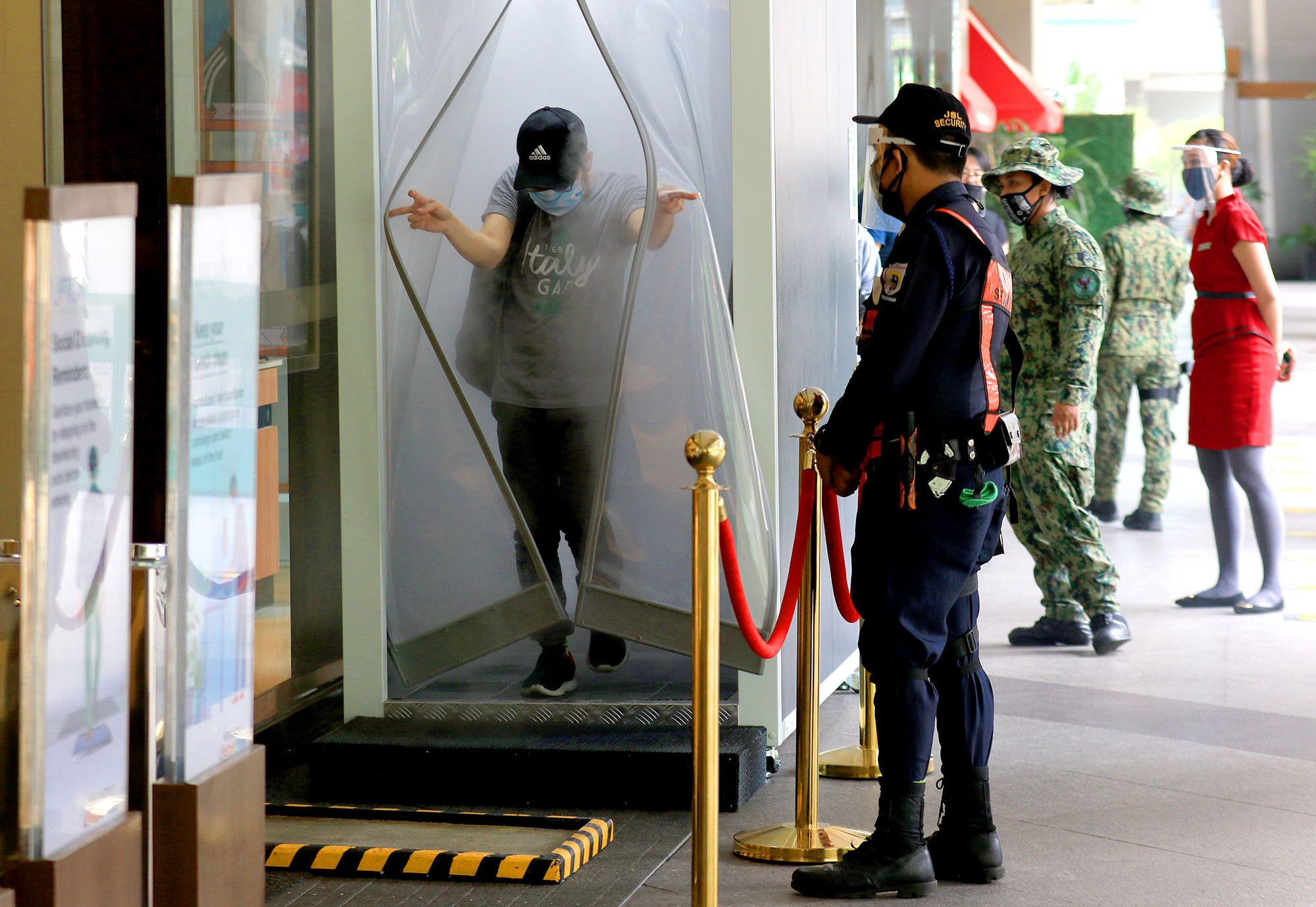
MANILA, Philippines – Frequent visitors of Hotel Sogo will feel a very different vibe when it reopens after the coronavirus lockdown is eased.
Hoteliers will still greet guests, but they will be donning protective wear, complete with face shield, face mask, and jump suit.
Guests will be required to apply alcohol on their hands, which is dispensed by a foot-controlled device – an invention during the pandemic.
For payments, cashiers will put the money in the register and guests will notice the faint purple light emanating from the cash register, as it is now fitted with ultraviolet (UV) light that is able to kill viruses and bacteria.
Guests will be given a plastic key, which can be used to press the elevator buttons. Only the guest and his or her partner will be allowed inside the elevator.
The rooms will also be prominently purple, due to the UV lights. Faucets will be fancier with motion sensors.
The so-called “new normal” prompted Hotel Sogo to update its tagline to “so clean, so good, so safe.”
Many companies are investing in disinfection and health equipment, as the economy reopens despite the continuous surge in COVID-19 cases in the Philippines.
Businesses are letting out more cash to adapt to the so-called new normal, despite the heavy losses incurred during one of the longest and toughest lockdowns in the world.
Cautious leisure
As intimate spaces tighten health protocols, changes in public spaces will be even more drastic and visible.
Luxury casino City of Dreams Manila said it will be allowing only a maximum of 3 players per gaming table. Slot machines and gaming tables have also been reconfigured and are set apart by at least one meter.
Gamblers who will be checking in on one of the hotels will be provided with an amenity kit consisting of face mask, face wipes, gloves, hand sanitizer, and a flyer on sanitation and proper prevention guidelines.
Carpeted areas have been deeply cleaned in preparation for the reopening. Chips and hotel room key cards have also been individually sanitized.
“We have been consulting closely with Pagcor (Philippine Amusement and Gaming Corporation), the Department of Health, and the Parañaque health office to fully comply with health standards and government guidelines, even going beyond the basic requirements whenever possible, to ensure a safe environment for the health and well-being of City of Dreams Manila’s guests and colleagues,” said City of Dreams Manila chief operating officer Kevin Benning.
As for malls, visual cues, alcohol dispensers, and temperature checks have been in place since they were allowed to reopen last May 16.
Malls operated by Megaworld have also encouraged businesses to go cashless to limit physical contact with customers.
Despite these safety measures, mallgoers are still hesitant to shop again.
Reconfiguring offices, testing workers
Offices will also be very different after the lockdown, as companies ensure physical distancing protocols.
The Aboitiz group, for example, has reduced workplace capacity to comply with physical distancing standards. Tables have been marked accordingly to help workers identify which seats may be used.
Aboitiz also temporarily deactivated frequently-touched equipment such as dispensers and vending machines while disinfection stations have been put in place.
The company has also stopped biometric scans in opening doors and has opted to use proximity cards instead.
Aboitiz, like many publicly-listed companies, held its annual stockholders meeting online. It will continue to hold meetings and engage employees online, as most will continue working from home.

Around 13,000 workers who need to be physically present in offices to perform tasks will have to be tested first. The conglomerate plans to test its frontliners every two weeks until 2021.
Aboitiz is among the participants of Project ARK, a testing initiative led by presidential adviser for entrepreneurship Joey Concepcion.
Project ARK has conducted over 1.2 million COVID-19 rapid tests for employees of participating companies. The initiative also uses the real-time reverse transcription polymerase chain reaction (RT-PCR) test, which is considered the gold standard. (READ: FAST FACTS: What’s the difference between PCR, rapid antibody tests?)
An imported RT-PCR test kit costs around P3,000 to P8,000, while the rapid antibody test kit is relatively inexpensive and costs around P400 to P700 only.
Billionaire Enrique Razon went the extra mile and has teamed up with the Tropical Disease Foundation and Ayala Healthcare to screen all employees, including those who have been working from home.

Similarly, tycoon Ramon Ang is building a dedicated PCR testing laboratory for his conglomerate.
While Aboitiz, Razon, and Ang are spending big for rapid testing workers, other companies like Procter and Gamble (P&G) rely on strict enforcement of physical distancing and health protocols.
Testing employees for COVID-19 is not a mandatory requirement for reopening, according to the Philippine government.
P&G human resources country lead Vince Dizon explained in a Rappler Talk interview that workers are being subjected to health checks before entering the factory.
P&G also scheduled workers in a way that limits the number of people in rooms. They also rearranged sitting arrangements and ensured that workers are safely transported from their homes to the factory. (WATCH: Rappler Talk: Procter & Gamble’s plans for the ‘better normal’)
Dizon added that their practices in the Philippines are based on learnings from their other factories abroad.
But will some of these practices affect earnings? Without revealing numbers, Dizon admitted that costs, particularly transportation, have started to eat into expenses. But overall, the business remains very strong, as most of their products are considered health essentials.
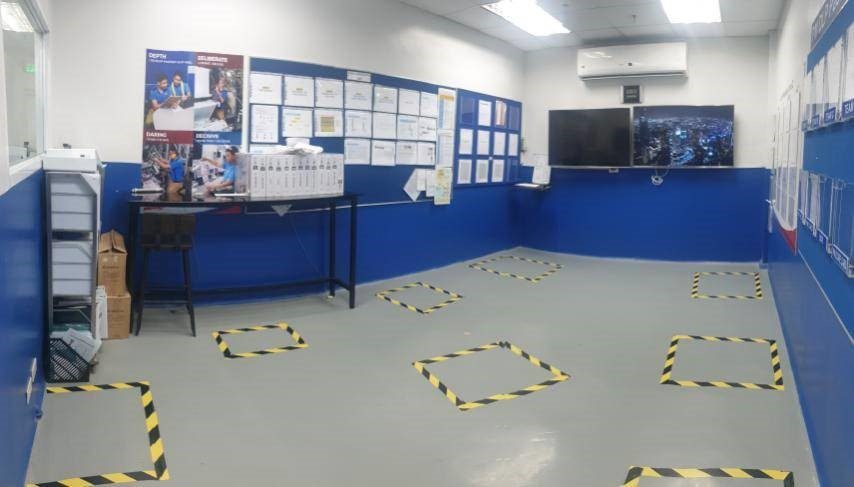
More cash out?
With profits plunging to record-lows and expenses rising to cope with the pandemic, can big businesses recover soon?
So far, most publicly-listed companies reported that they still have a lot of cash to withstand the pandemic, but 1st quarter earnings have started to hurt.
According to data from the Philippine Stock Exchange, only 5 of the top 30 companies or so-called blue chips have reported earnings growth in the 1st quarter of 2020.
Lucio Tan’s LT Group (up 41%), the Gokongwei’s Robinsons Land (up 82%) and Robinsons Retail Holdings (up 45%), Ayala’s Globe (up 3%), and Security Bank (up 21%) managed to chalk up profits during the 1st quarter of 2020.
Other big businesses still saw profits, although much lower than last year. Overall, these companies saw a drop by almost 16%, even though the lockdown started just mid-March. Four companies have yet to disclose their earnings for the period and may change the average earnings growth.
The hardest hit by the virus is Filipino-owned Jollibee, which saw its earnings plummet by 253% or losses equivalent to over P2 billion.
“It will incur even higher losses in the 2nd quarter when the full impact of the lockdowns on the business will be felt. We expect the business to start recovering in the 3rd and 4th quarters, but we assume that the recovery will be slow,” said Jollibee chief financial officer Ysmael Baysa.
Jollibee is also set to limit the number of customers in its branches, which will likely hurt the company’s revenues.
Manny Pangilinan’s Metro Pacific Investments Corporation saw a 6% drop in its quarterly earnings, a first time in its corporate history, as construction projects came to a halt.
Analysts warn that the numbers will be bloodier in the 2nd quarter, as it was at this time that the lockdown was implemented.
But profit, for now, is not primary in the minds of capitalists, going by their recent press releases.
“At this time, our priorities are, in order: welfare of our people; service to our customers; cash preservation; and then profitability,” Pangilinan said in a release last May 6.
With demand for travel and non-essentials unlikely to rebound anytime soon, and ballooning expenses on top of forced workforce reduction being factored in, is capitalism, as we know it, changed forever? – Rappler.com
TOP PHOTO: PANDEMIC. Markers on the floor of Uptown Mall in Bonifacio Global City help customers maintain physical distancing. Photo by Inoue Jaena/Rappler
Add a comment
How does this make you feel?
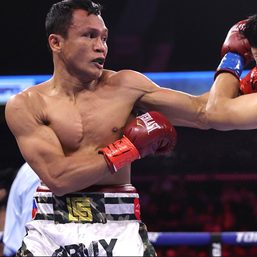

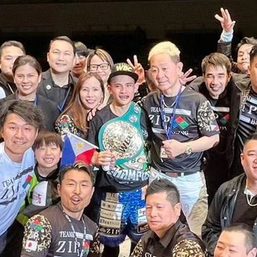
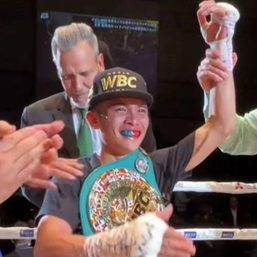

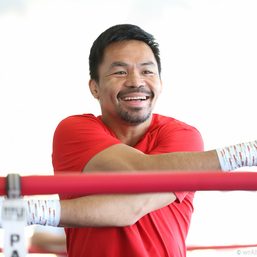
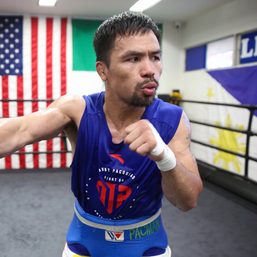


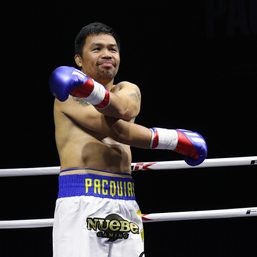
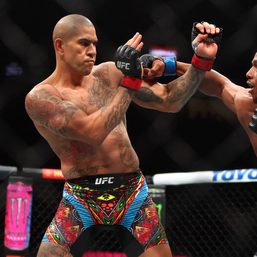
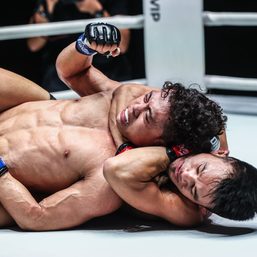
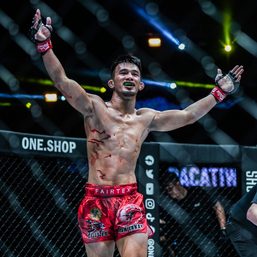

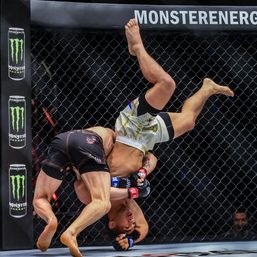
There are no comments yet. Add your comment to start the conversation.